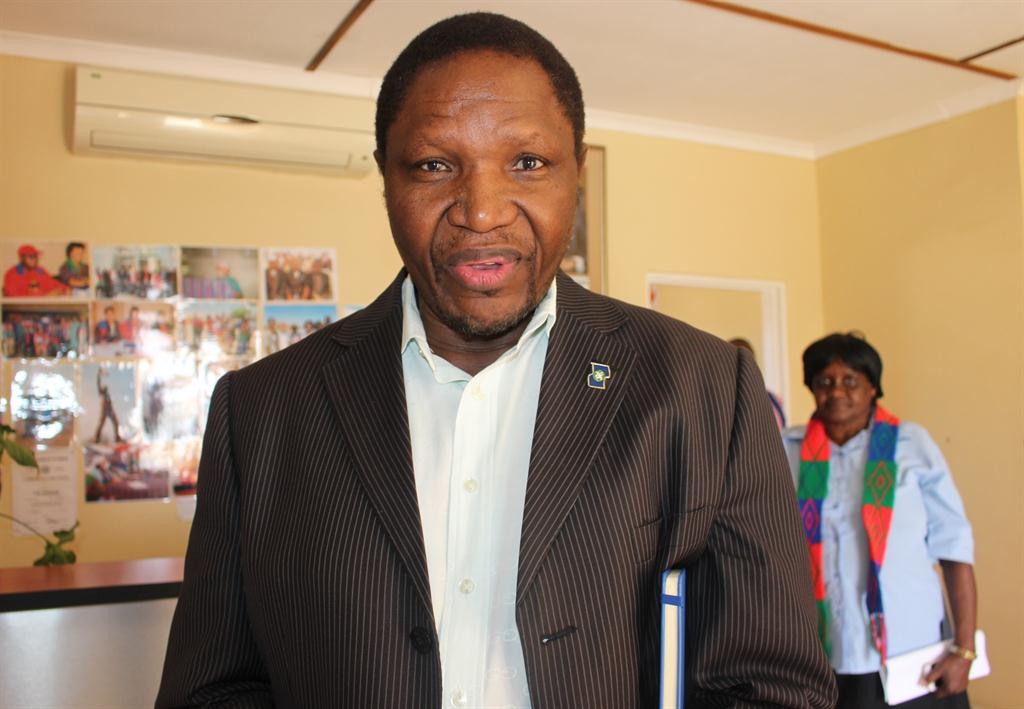HOUSTON – Enron’s chief executives concealed key data before the company’s 2001 collapse that would have shown two supposedly fast-growing businesses were “underperforming”, a witness testified.
Mark Koenig, who was head of investor relations at Enron, said Thursday former chief executives Kenneth Lay and Jeffrey Skilling failed to tell the truth about the woes of Enron’s ventures into energy management and high-speed Internet. Koenig, the first witness in the fraud and conspiracy trial of Lay and Skilling, said assurances from the chief executives masked major problems.He said top management approved a plan to transfer hundreds of millions of dollars in losses from Enron Energy Services, which managed energy operations for corporate clients, to a profitable division where the losses would not be noticed.The division “wasn’t performing very well …primarily because of the loss we had mentioned,” Koenig testified.He said internal Enron documents showed the unit lost US$230 million in the first quarter of 2001 and US$726 million in the first six months of that year because of bad bets on commodities, including energy prices.”Disclosing that one of Enron’s fast-growing, highly valued business units …had accumulated losses of US$230 million …would have been a disaster had investors taken that into account,” he said in response to a question from federal prosecutor Kathryn Ruemmler.Koenig said another newly created division called Enron Broadband Services had few revenues other than those from deals with entities created by Enron itself and from one-time sales, but that these details were kept hidden.”In my view (the broadband unit) was underperforming too,” Koenig said.The witness said comments by Skilling during the time he served as company president and CEO were often misleading to analysts and investors.Koenig said Lay, who resumed the post of CEO after Skilling’s resignation in August 2001, made similar comments.In one conference call after resuming the CEO job, Lay was heard saying, “Our new businesses are doing great, Enron Energy Services is doing great …we are facing a number of challenges but we are managing them.”Koenig said Skilling and other top managers repeatedly sought to dispel the notion that Enron was “a trading company” with a high degree of volatility and argued that Enron was a “logistics” company with more stable revenues.But despite these assurances, Koenig said that by 2001, “more and more of Enron’s income came from gas and power trading.”Koenig said Skilling became irritated with one analyst who complained about the lack of detailed financial data, and that the CEO used a profanity to describe the analyst.The jurors heard a tape of a conference call in which Skilling called the analyst an “asshole.”Koenig, who has pleaded guilty to aiding and abetting securities fraud, was due to return to the witness stand last Monday.He is expected to come under fierce attack from defence lawyers who will argue that some executives were coerced into testifying for fear of a lengthy prison term if they went to trial.Koenig said that he pleaded guilty to the charges “because I was guilty.”On Wednesday, Koenig described financial tricks and gimmickry at Enron to keep the company flying high ahead of its spectacular collapse in late 2001 in a case that came to symbolise corporate greed and misconduct.- Nampa-AFPKoenig, the first witness in the fraud and conspiracy trial of Lay and Skilling, said assurances from the chief executives masked major problems.He said top management approved a plan to transfer hundreds of millions of dollars in losses from Enron Energy Services, which managed energy operations for corporate clients, to a profitable division where the losses would not be noticed.The division “wasn’t performing very well …primarily because of the loss we had mentioned,” Koenig testified.He said internal Enron documents showed the unit lost US$230 million in the first quarter of 2001 and US$726 million in the first six months of that year because of bad bets on commodities, including energy prices.”Disclosing that one of Enron’s fast-growing, highly valued business units …had accumulated losses of US$230 million …would have been a disaster had investors taken that into account,” he said in response to a question from federal prosecutor Kathryn Ruemmler.Koenig said another newly created division called Enron Broadband Services had few revenues other than those from deals with entities created by Enron itself and from one-time sales, but that these details were kept hidden.”In my view (the broadband unit) was underperforming too,” Koenig said.The witness said comments by Skilling during the time he served as company president and CEO were often misleading to analysts and investors.Koenig said Lay, who resumed the post of CEO after Skilling’s resignation in August 2001, made similar comments.In one conference call after resuming the CEO job, Lay was heard saying, “Our new businesses are doing great, Enron Energy Services is doing great …we are facing a number of challenges but we are managing them.”Koenig said Skilling and other top managers repeatedly sought to dispel the notion that Enron was “a trading company” with a high degree of volatility and argued that Enron was a “logistics” company with more stable revenues.But despite these assurances, Koenig said that by 2001, “more and more of Enron’s income came from gas and power trading.”Koenig said Skilling became irritated with one analyst who complained about the lack of detailed financial data, and that the CEO used a profanity to describe the analyst.The jurors heard a tape of a conference call in which Skilling called the analyst an “asshole.”Koenig, who has pleaded guilty to aiding and abetting securities fraud, was due to return to the witness stand last Monday.He is expected to come under fierce attack from defence lawyers who will argue that some executives were coerced into testifying for fear of a lengthy prison term if they went to trial.Koenig said that he pleaded guilty to the charges “because I was guilty.”On Wednesday, Koenig described financial tricks and gimmickry at Enron to keep the company flying high ahead of its spectacular collapse in late 2001 in a case that came to symbolise corporate greed and misconduct.- Nampa-AFP
Stay informed with The Namibian – your source for credible journalism. Get in-depth reporting and opinions for
only N$85 a month. Invest in journalism, invest in democracy –
Subscribe Now!










